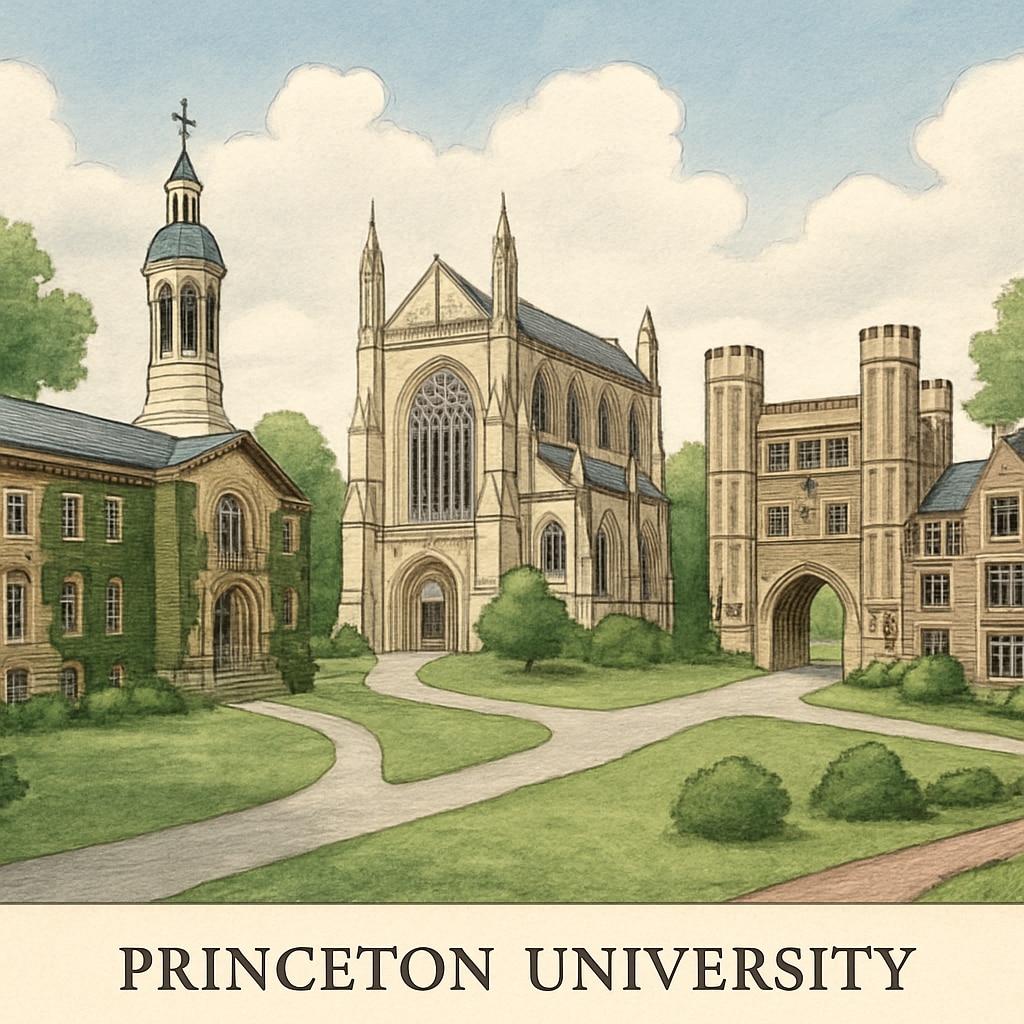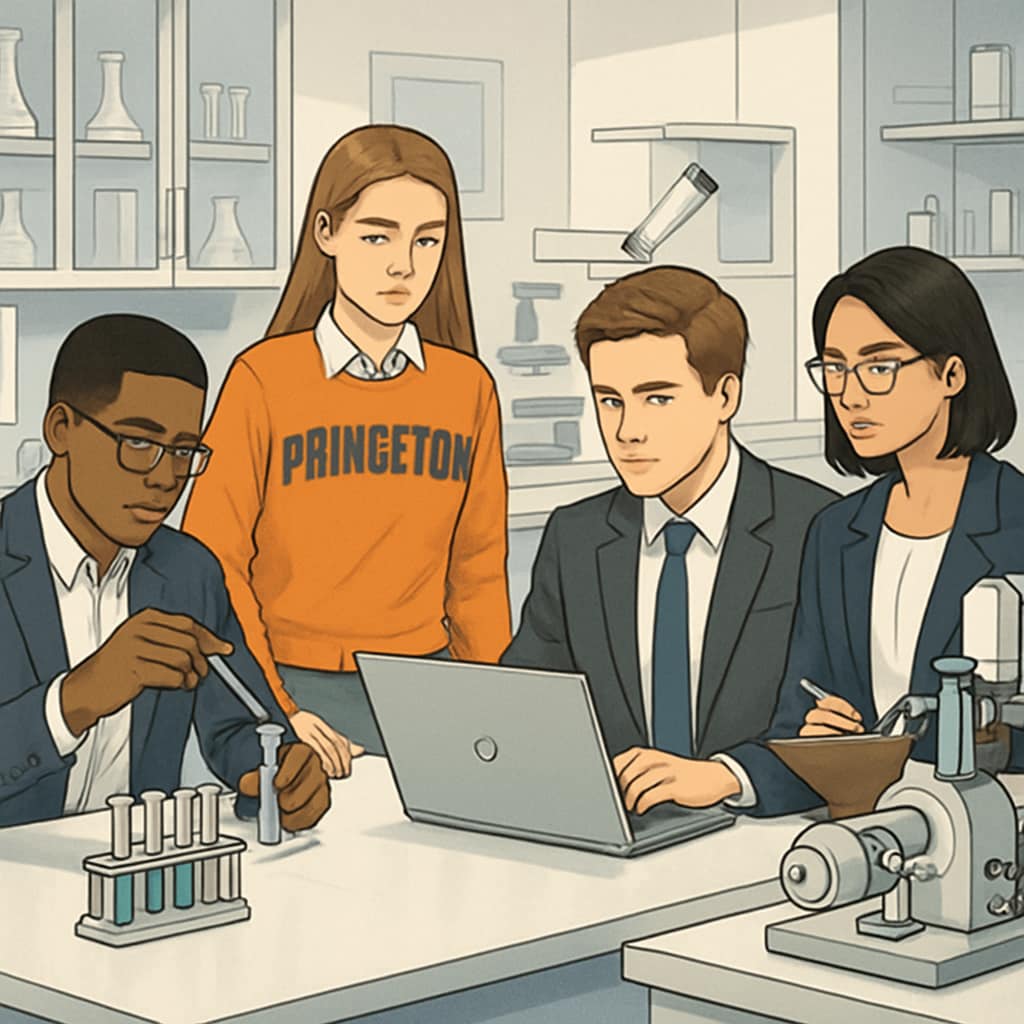Ivy League universities, including Princeton, have long been considered the pinnacle of academic excellence and social prestige. However, is this reputation entirely justified, or have we overrated their true educational value? This question has sparked debates among educators, students, and policymakers. While these schools undeniably offer unique opportunities, it’s worth examining whether their societal perception matches the tangible benefits they provide to students.
How Ivy League Prestige Shapes Public Perception
For decades, Princeton and other Ivy League schools have been synonymous with success. Their names carry a mystique that suggests unparalleled opportunities, world-class professors, and influential alumni networks. However, this prestige often leads to the assumption that attending such a university guarantees success in life. But is this assumption rooted in reality?
One major factor driving this perception is the exclusivity of these institutions. With acceptance rates often below 10%, Ivy League schools cultivate a sense of scarcity and privilege. As a result, many students and parents view admission as the ultimate academic achievement rather than focusing on whether these schools align with their personal or professional goals.
- Selective admissions: The low acceptance rates reinforce the idea that Ivy League students are inherently more capable, without necessarily proving their education is superior.
- Brand value: Much like luxury goods, the “Ivy League” label carries weight, sometimes overshadowing practical considerations like cost and fit.

Princeton’s Contribution to Educational Excellence
Princeton, a cornerstone of the Ivy League, boasts a legacy of academic innovation and intellectual rigor. Its small student-to-faculty ratio, cutting-edge research facilities, and generous financial aid packages are frequently cited as evidence of its value. For example, the university provides undergraduates unparalleled access to research opportunities, a feature that sets it apart from many larger institutions.
However, critics argue that these advantages often benefit a narrow subset of students. Princeton’s focus on liberal arts education and its limited professional degree offerings may not suit everyone. Additionally, the school’s network and resources can sometimes perpetuate inequality, as wealthier students may be better positioned to leverage these opportunities.
- Research opportunities: Princeton excels in fostering research but may not always prioritize practical career-oriented training.
- Financial aid: While generous, aid packages often go to an already advantaged demographic.

Is the Ivy League Overrated?
To determine whether the Ivy League is overrated, it’s essential to consider the broader context of higher education. While these schools undoubtedly offer benefits, their value must be weighed against the cost and the availability of comparable opportunities elsewhere. Public universities and less selective private institutions increasingly provide high-quality education at a fraction of the cost, challenging the Ivy League’s dominance.
Moreover, studies suggest that the “Ivy League effect” diminishes over time. A study by economists Alan Krueger and Stacy Dale found that students who were admitted to Ivy League schools but chose to attend other institutions achieved similar earnings and career outcomes. This indicates that personal ambition and effort often outweigh the prestige of one’s alma mater.
- Cost-benefit analysis: The high tuition fees of Ivy League schools may not always justify the return on investment.
- Comparable alternatives: Many non-Ivy institutions now offer competitive programs and resources.
Conclusion: Rethinking the Ivy League Mystique
While Princeton and other Ivy League schools undoubtedly provide exceptional opportunities, it’s crucial to approach their reputation critically. Prospective students should consider factors such as cost, fit, and career goals rather than being swayed solely by brand prestige. In a rapidly evolving educational landscape, the true measure of a university’s value lies in how it prepares its students for the future, not just in the weight of its name.
Ultimately, the Ivy League’s reputation may be well-earned in some respects, but it’s worth asking whether we’ve exaggerated its importance. As the higher education sector continues to diversify and innovate, students may find that the best choice for them isn’t necessarily the one with the most famous name.
Readability guidance: This article uses concise paragraphs, clear subheadings, and bullet points to enhance readability. Transitions like “however” and “for example” ensure smooth flow, while jargon is minimized to maintain accessibility.


